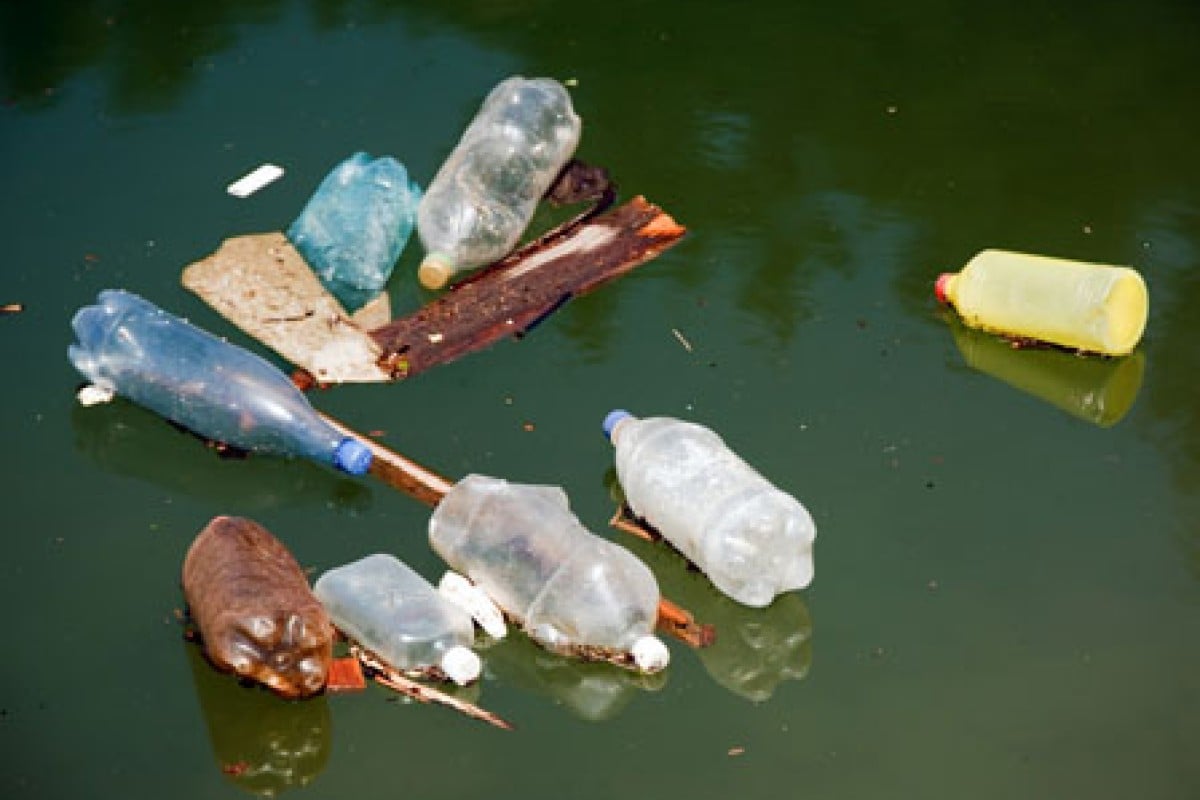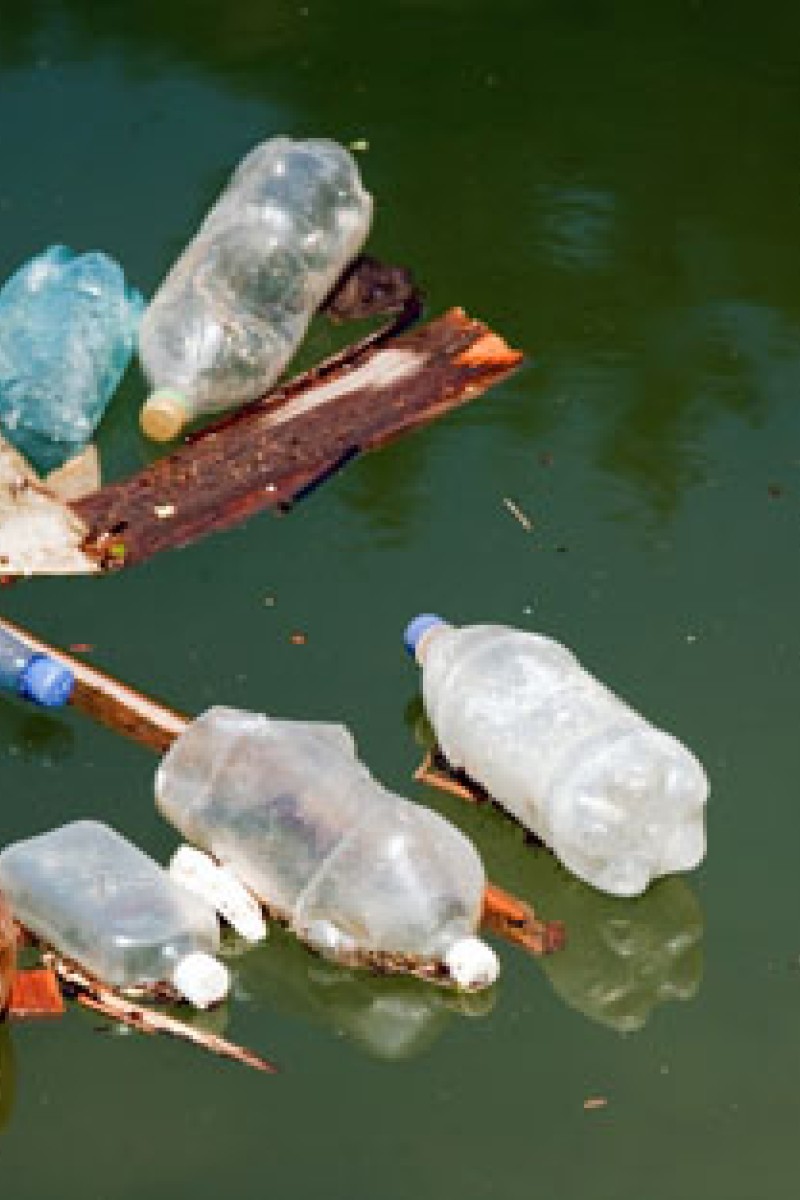 iii
iiiBy Cameron Dueck
As a sailor, almost nothing is as depressing as seeing pollution in the wide blue ocean.
It's not unusual when we're thousands of kilometres from land and have not seen a ship, plane or person in weeks, to see plastic rubbish floating by. The waste includes bags, old flip flops, diapers, broken pails, combs and styrofoam boxes.
Sometimes, we sail into areas of the ocean where there's so much rubbish it looks like a garbage truck has dumped its load at sea.
One such area is the Pacific Trash Vortex, a floating patch of plastic waste more than 1,000 times bigger than Hong Kong. It is in the middle of the North Pacific where ocean currents dump tonnes of trash from around the world. If you drop plastic rubbish in Victoria Harbour, ocean currents could carry it thousands of kilometres to this vortex between California and Hawaii.
Scientists say that as much as 10 per cent of the 260 million tonnes of plastic produced annually ends up in the oceans. And much of it can be found in huge floating patches like the Pacific garbage vortex.
But not all of the trash is visible on the surface, because most of it breaks up into small pieces and slowly sinks to become a toxic part of the marine environment. Fish and birds eat the plastic, which usually kills them.
Humans have done very little exploration of the oceans so far. Scientists are still discovering thousands of new species, finding new mountain ranges under the sea and looking into the depths to discover the origins of life.
We don't even understand the oceans, but we're already filling them with the trash we produce on land. That's wrong.
Everyone can help tackle this environmental problem by using less plastic bags and rejecting products wrapped in plastic.
In Hong Kong and other Asian cities, it's common to wrap fruit in plastic and there are a lot of over-packaged products. Send a message to the companies by buying something else. And if you have to use plastic, don't toss it on the street or in the sea afterwards. I'd hate to have to look at your rubbish the next time I'm sailing across the ocean.
To to join the discussion, click here
<!--//--><![CDATA[// ><!-- PDRTJS_settings_1225844 = { "id" : "1225844", "unique_id" : "default", "title" : "", "permalink" : "" }; //--><!]]>